It’s too easy to fall into the rhythm of mindless spending and consumerism: this seemingly ending loop of buying and realizing we didn’t need that new water bottle or those brand-new pairs of shoes needs to end.
This cycle of buying and seeking more has made us feel empty, an endless void we attempt to fill with material. What if the way to a fulfilling life lies in the people and the potential connections around us?
According to a study from the Cigna Group, 58% of U.S. adults feel lonely. Many feel lonely in a room full of people, but realizing everyone in that room feels the same is the first step to filling the seemingly endless void of loneliness.
Emotional spending is detrimental
Our capitalistic society has ingrained the belief that the status of material proves your worth. It’s not uncommon to turn material possessions into a mechanism to fill a void. Many Americans have admitted they spent money to improve their mood and prove their worthiness to society.
According to a LendingTree survey, women are more likely to engage in such behavior compared to men, 57% to 40%. There are consequences to mindlessly overspending to compensate for emotional strain. The average single woman spends nearly 110% of her monthly after-tax income, while men spend 95.8%, according to data from Capital One Shopping.
The Power of Prioritizing Community
Overspending seems like an option to compensate for feelings of loneliness and emptiness, but what about finding connections with those around you? The bonds we form with others provide us with support, understanding, and a sense of belonging that transcends material wealth.
In times of need, it’s the comfort of a friend’s embrace or the wisdom of a loved one’s counsel that sustains us, not the latest gadget or luxury item. Moreover, fostering meaningful connections cultivates empathy, compassion, and a shared sense of humanity, filling the empty void of loneliness.
In essence, the true wealth lies in the quality of our relationships, for it is through them that we find fulfillment and purpose in life. It begins with simple things. Smiling at a neighbor or a stranger you pass on the street. Giving compliments to anyone can not only make them feel good, but it can make you feel good as well.
These small acts of kindness aren’t just effective for reducing stress and improving emotional well-being; they can also make us braver and bolder in connecting with people.
Ways to Forge Connections
Engaging in shared activities or hobbies can also foster connections, providing common ground for bonding and collaboration. Additionally, showing vulnerability and authenticity allows for deeper connections, as it cultivates trust and intimacy.
Acts of kindness and generosity further strengthen connections, fostering a sense of reciprocity and mutual support. Furthermore, seeking out opportunities for meaningful conversations and shared experiences, whether through volunteering, joining clubs or community events, or simply reaching out to acquaintances, can help build and sustain valuable connections with others.
Ultimately, forging connections requires openness, sincerity, and a willingness to invest time and effort into nurturing relationships.
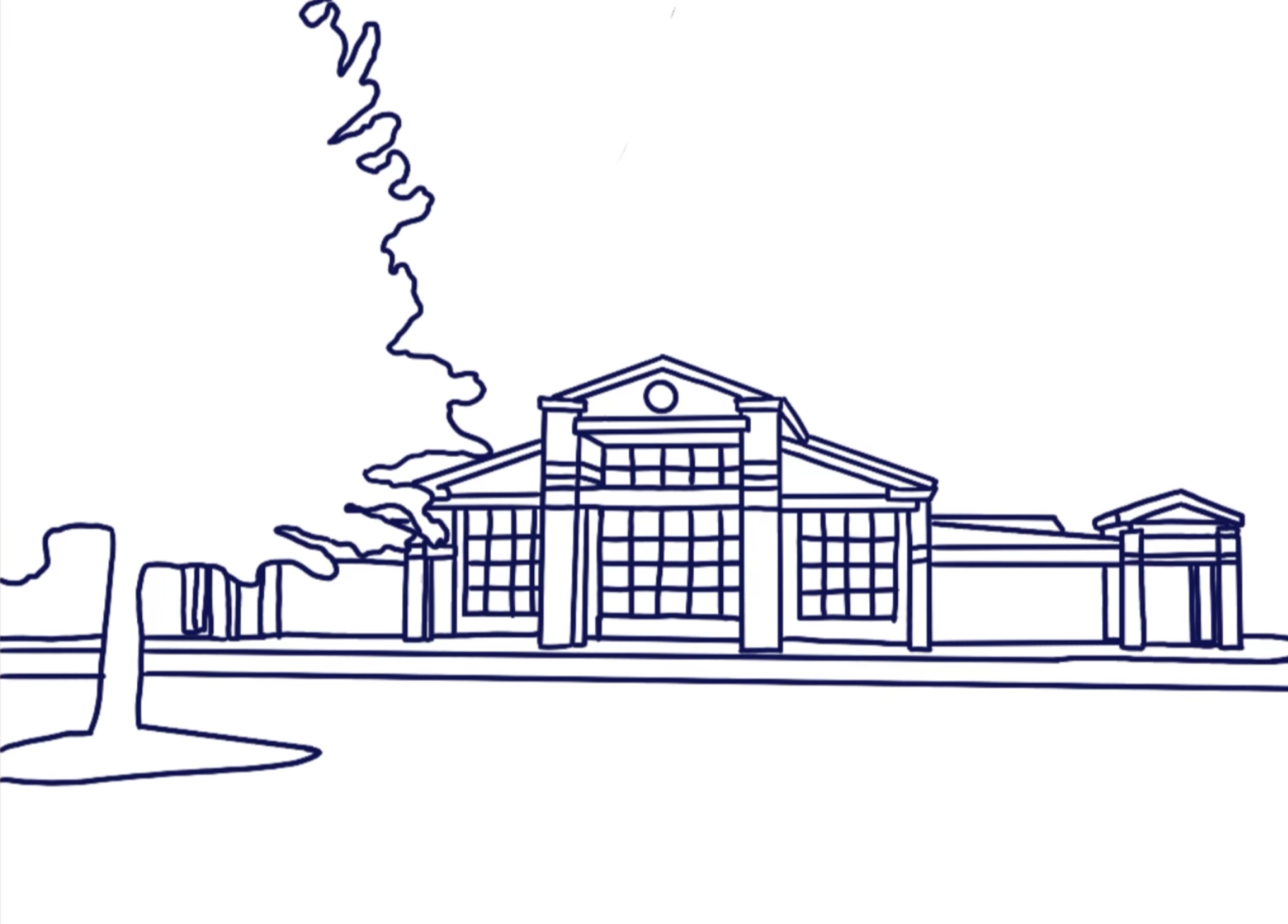

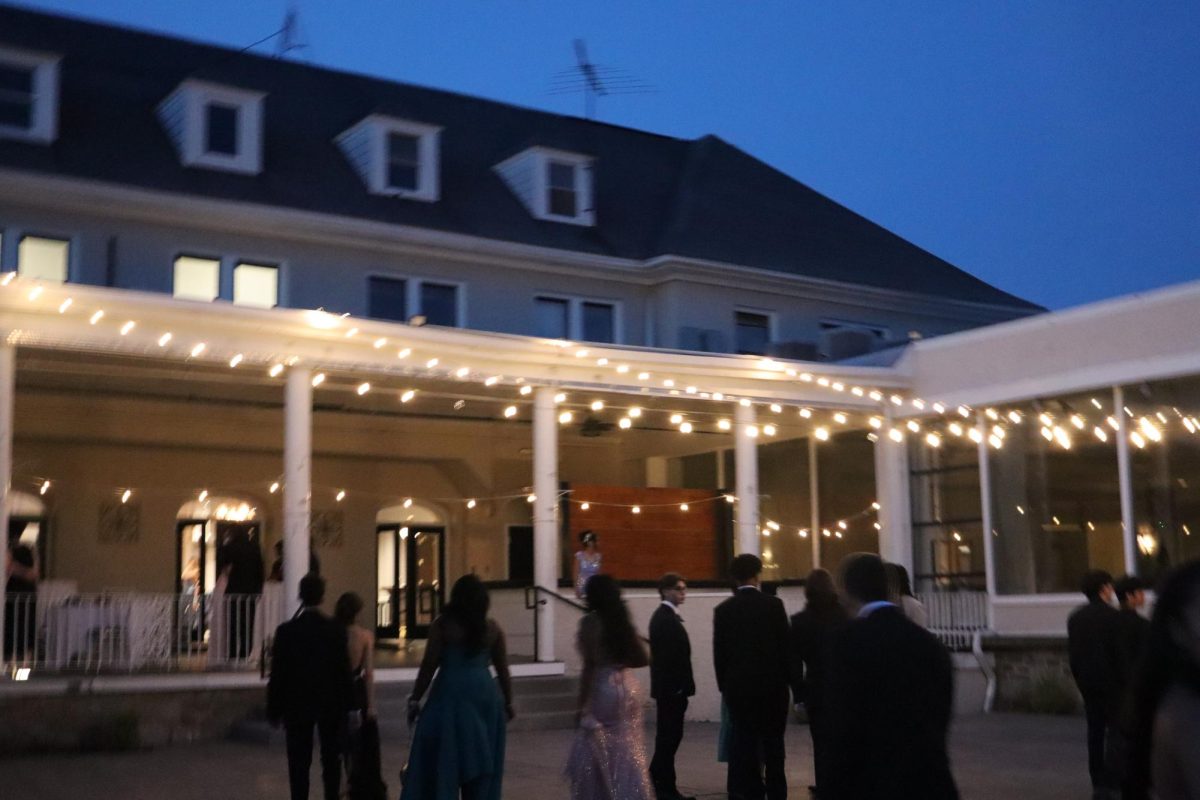








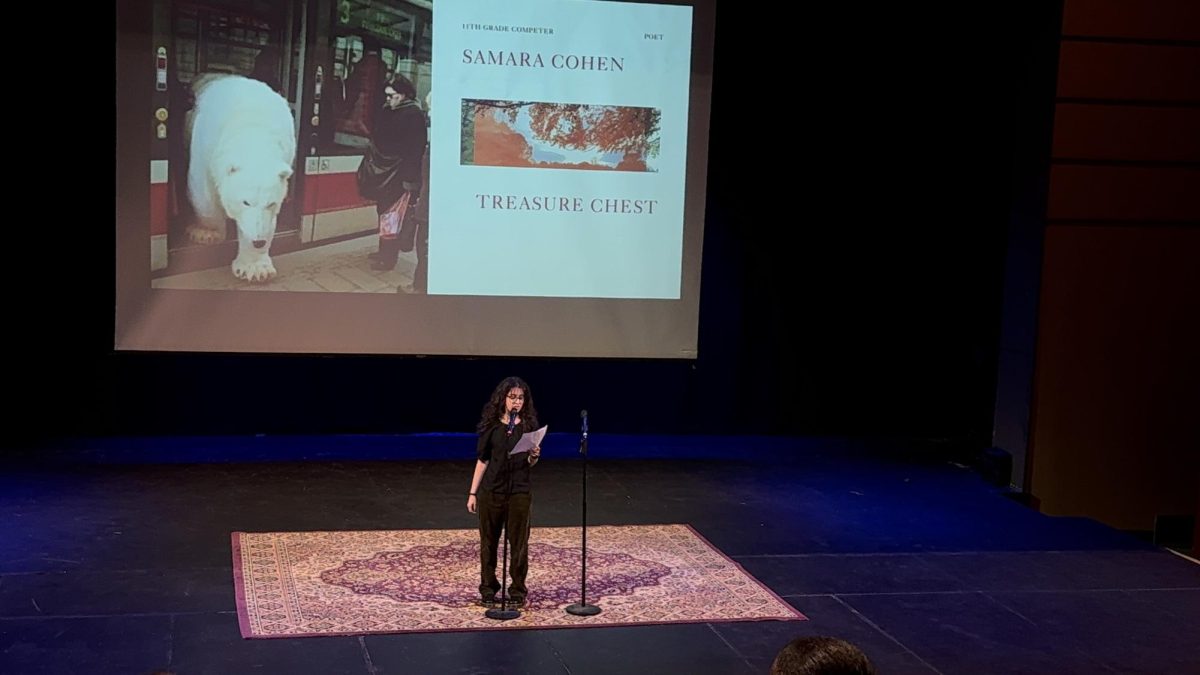
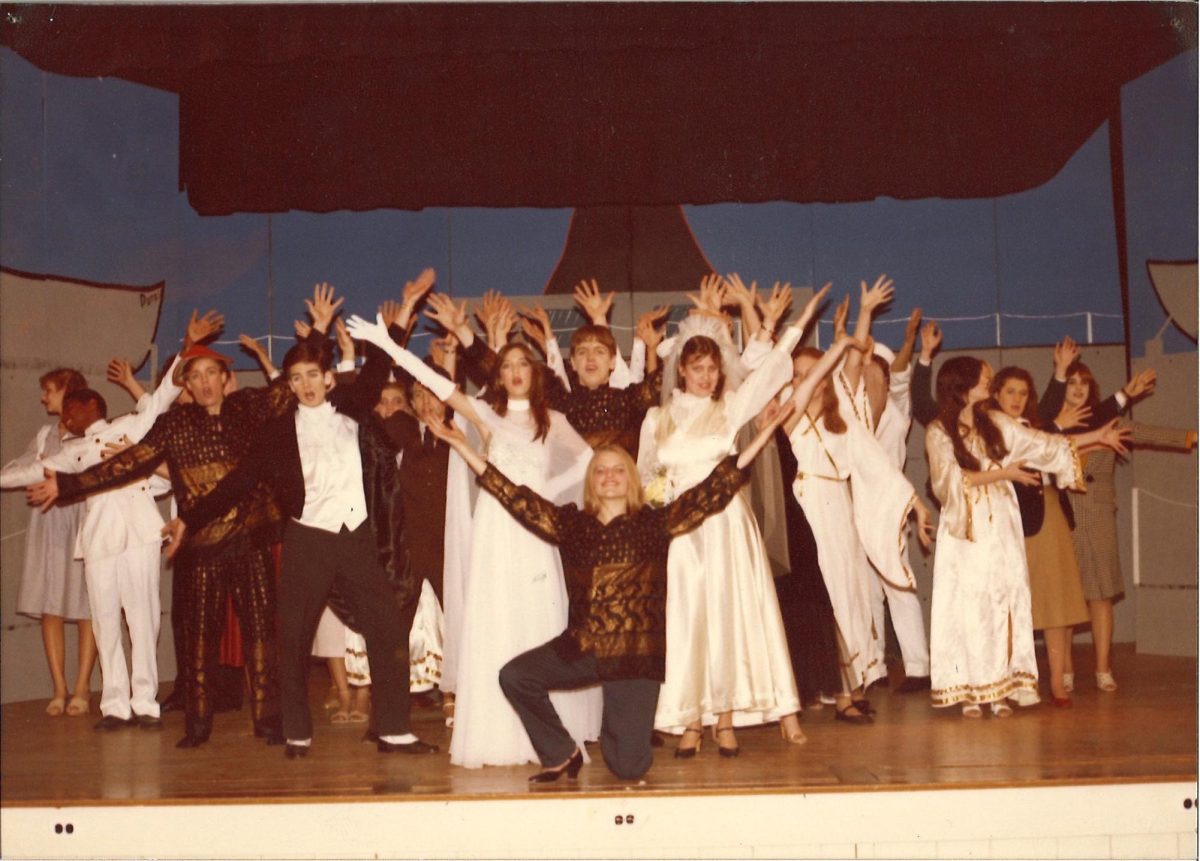



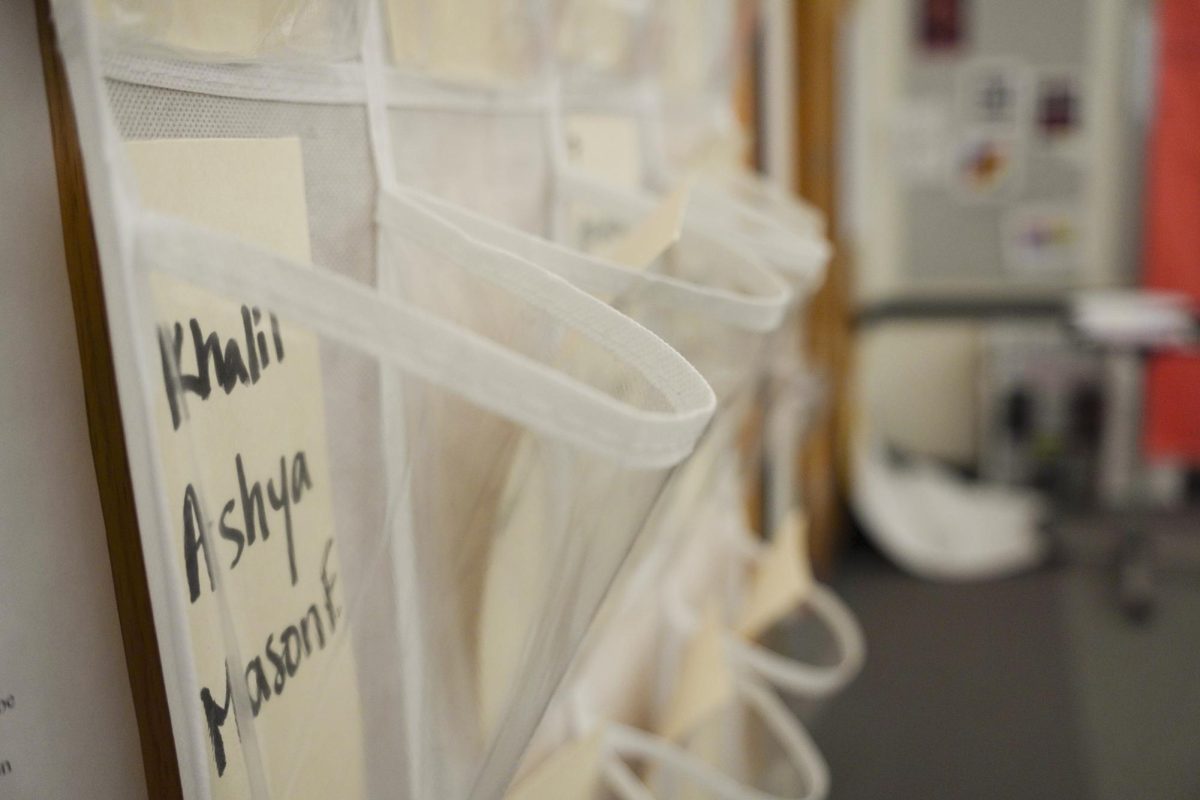

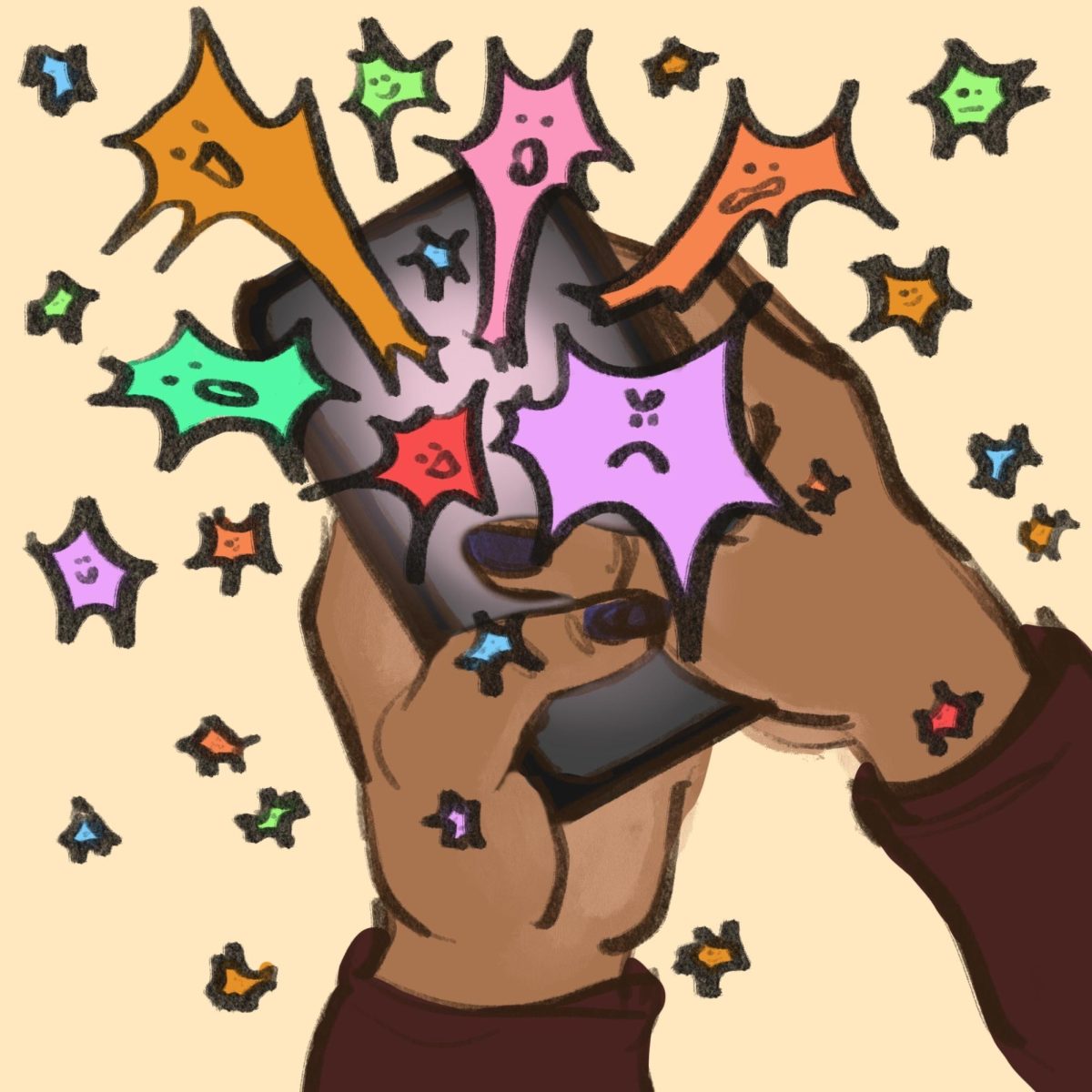







Mason Poirot 26 • Apr 4, 2024 at 9:57 am
I agree with all of this authors claims. The author says that spending money on things to get temporary joy is not the solution to loneliness. I also agree that having spending expectations put on to people, in order to try to appeal to societal standards is detrimental to not just your money but your mental health. Addionaly, I agree with the idea that spending time with other people is more important then spending time and money on temporary things, because no matter how cliché it is, friendships last a lot longer than physical goods. I have observed people choosing to get new things and get joy from purchasing things instead of spending time with others. I think that this can have immense consequences, as you are sacrificing your long term relationships with others in return for material goods. I believe that friendships are worth more that any items that you can own.
Leila Wang • Apr 4, 2024 at 8:43 am
I admit that sometimes I fall into over-consumerism because if I just start shopping it is hard to stop, mostly if it is online shopping. I have spent my frees at school online shopping, sometimes just to look not even to buy, but once I start it gets addicting. But when I do spend my money and buy something it is most likely something I bought online meaning I did not even spend the money shopping with my friends or family, which could make me feel less lonely for I am hanging out with people. Also, the money that I spend online shopping I could just save and wait to spend it when I hang out with my friends for food or something else which would most likely make me feel less guilty spending it because I was having a good time when I spent it.
Nico Ren • Apr 3, 2024 at 2:00 am
I totally agree with the author that consumerism is the trap of capitalism, creating unnecessary and futile “wants” instead of “needs”. Just as watching the video and playing games, an act of purchasing temporarily triggers a dopamine rush that provides a fleeting sense of satisfaction. The passage rightly critiques how consumerist society has ingrained the doctrine that self-worth is inextricably tied to material possessions and status symbols. By revealing the hypocritical promises of consumerism and its manipulative tactics designed to fuel our desires and money, the passage empowers us to break free from consumerism. Fueling those desires based on spiritual wellness rather than material.
Rayan • Apr 2, 2024 at 8:53 pm
I completely agree with the perspective in this article. Statistics show that in the United States people spend way more than they actually need. People are influenced a lot by the marketing and advertising tactics of companies. online shopping has increased tremendously because it is very easy to purchase things over the internet. People spend a lot on essential things like cloths and shoes. Teenagers are especially influenced by brand names. buying too much also leads to more waste. people do not realize that we can never become happy no matter how much we shop. True happiness can only be achieved by connecting with fellow human beings which can be done by volunteering or being part of some group activities. personally I feel that whenever I shop for something even if it is expensive it gives me pleasure only for a day or two, but when I participate in group activities like basketball, I feel way happier and satisfied.
Jarius • Apr 2, 2024 at 8:08 pm
I agree with the perspective of this article and I believe spending is a cycle that plenty of people fall into in the current world. When issues arise the instinct is to solve it, but if the issue can’t be immediately solved, we naturally lean towards partaking in an action that makes us feel good, and titling that a win. In some cases it can be exercising, for others it can be making purchases. Indulging in this can be dangerous because it can spiral many times over becoming something you fall back on. It’s a temporary solution that provides momentary happiness and it also gives a falsehood of control. The idea of ownership and acquisition can give a falsehood of control, which is another side of why we may buy things and such. Falling into that will always result in the emptiness returning resulting in more purchases, and concluding in the cycle. To obtain long-lasting fulfillment it must be through connections built with people. True relationships, don’t fade, true relationships don’t fall off a trend, and true relationships get people through hardships and tribulations. True relationships fulfill that emotional part of you that yearns for more, and you can’t mute it through material possession, that part of you is unable to see that and hold satisfaction truly, it may hold gratification, but can you say that you’re truly content with your life if all you hold is in the physical. I’ve observed a lot in my life, people buying, investing, and avoiding. This article speaks on purchasing things, but this could also stand for buying into an idea, deluding yourself that it will work, when deep down you know all you had to do was confront that issue, yet you find yourself running to all other areas. Now I’m not saying don’t make yourself happy whether that is making yourself look good or whatever, do you, buy what makes you feel good, but don’t allow it to become a crutch you fall onto. Monitor how you’re handling your issues. Building that bond can be that missing piece to achieve that breakthrough.
“In essence, the true wealth lies in the quality of our relationships, for it is through them that we find fulfillment and purpose in life. “
Liam Hilliard • Apr 2, 2024 at 10:50 am
Consumerism certainly has negatively impacted human connection – people often are too busy trying to keep up with whatever is popular so they can buy it, to the detriment both our wallets and social lives. There’s a feeling of hollowness that comes from this desperation to buy – one that I don’t think is very natural. Social media has only made this worse, with algorithms deciding what is popular and many individuals simply going along with it because they’re desperate to be liked. This has been the result of decades – centuries, even – of consumerism’s relevance in the world steadily rising. It’s the result of a late-stage capitalist world. When it’s said that late-stage capitalism is harmful, things like this are precisely what those saying that mean.
Julia Ma • Apr 2, 2024 at 10:42 am
I totally agree with the opinion. People always buy something for consumerism over connection. In my opinion, consumerism means how much you like it. And connection means how useful it is. The same situation just happened to me, sometimes I buy something but I never use them. For example, I already had a water bottle but when I am shopping online and looking at a pretty water bottle I still want to buy it even if I am a person who dislikes drinking water. I made an impulse purchase without considering whether I needed the item or not. The final result is not only I lost my money but also got a Nothing to gather dust with.
Sye • Apr 2, 2024 at 7:52 am
I fully agree with this author and the opinion of the article. The part about women participating in the consumerism society more, makes a lot of sense to me and stood out. I believe the beauty industry alone is the unhealthiest industry that brings so much money in. Our society tells us to buy all these products that will “fix” us, make us more likable and change us when in reality, when in reality the only thing you need to make positive change within yourself is confidence in yourself and a good support system. I also believe with all these short trends that the feeling of needing to have everything everyone else has deeply feeds into consumerism now and makes us value human connection less and less. Consumerism will never fulfill us as much as human connections will. We aren’t made to get everything we want and surround ourselves with things we are made to make connections with the ones around us and surround ourselves with people we care about and who care for us.
Rihanna W. • Mar 21, 2024 at 10:41 am
I strongly agree with the perspective of this article. I feel like the author really brought up some important points about the magnifying issue of consumerism and connection in today’s society. I really like the sentence that says, “In times of need, it’s the comfort of a friend’s embrace or the wisdom of a loved one’s counsel that sustains us, not the latest gadget or luxury item”. I resonated with this sentence because I tend to see people in my generation gravitate towards consumerism rather than connection. I think that a lot of people in the newer generation tend to follow after each other and spend mindless money and that’s what seems to be emotionally and mentally stigmatizing this generation as a whole. I also agree that this is what burdens the embrace of connection between people in today’s society. Connection will always overpower consumerism, but we have to be open to making a change to better the state of our generation.